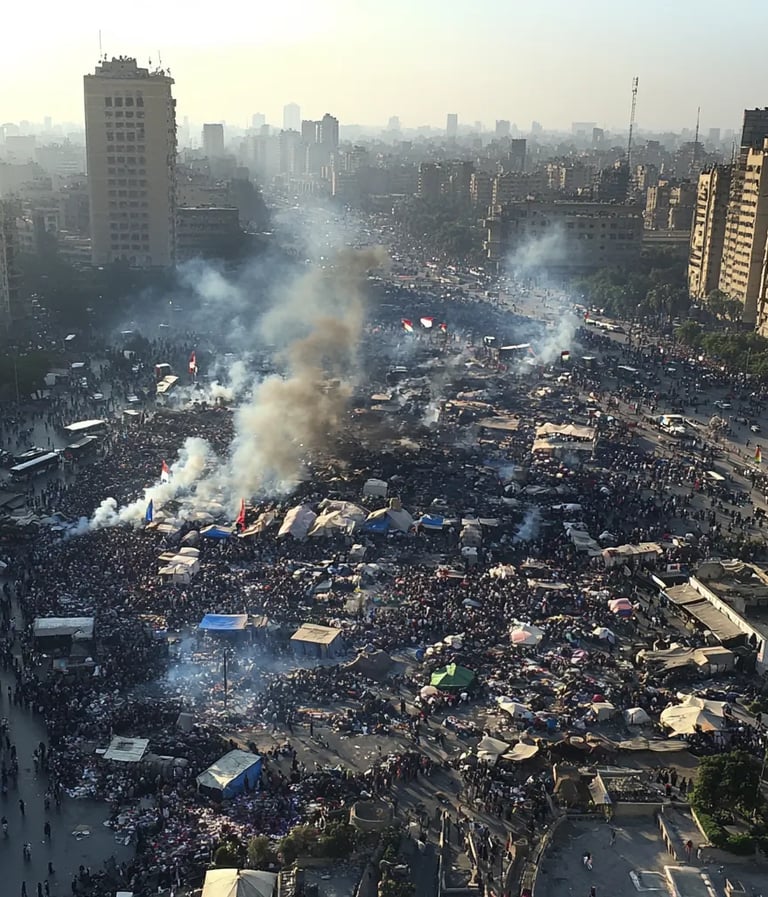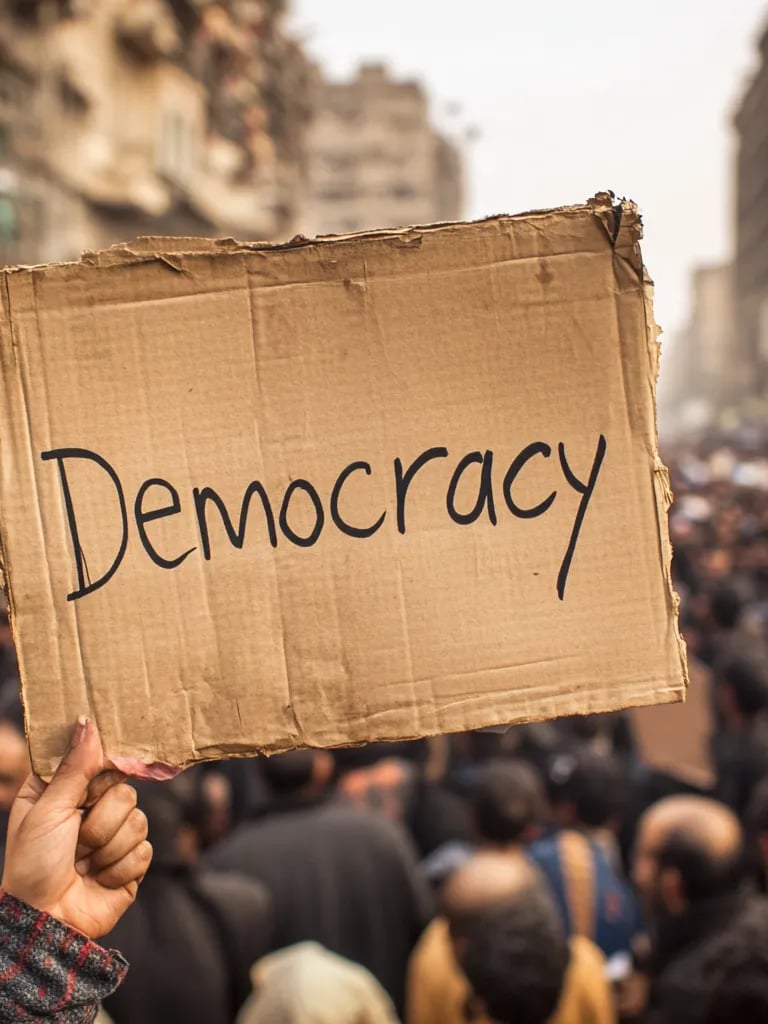On August 14, 1885, Japan issued its first patent to Yujiro Nakatsu for his invention of rust-proof paint. This marked the beginning of Japan's modern intellectual property system, encouraging innovation and economic growth. The patent law's implementation was a significant step in Japan's industrial development during the Meiji period.
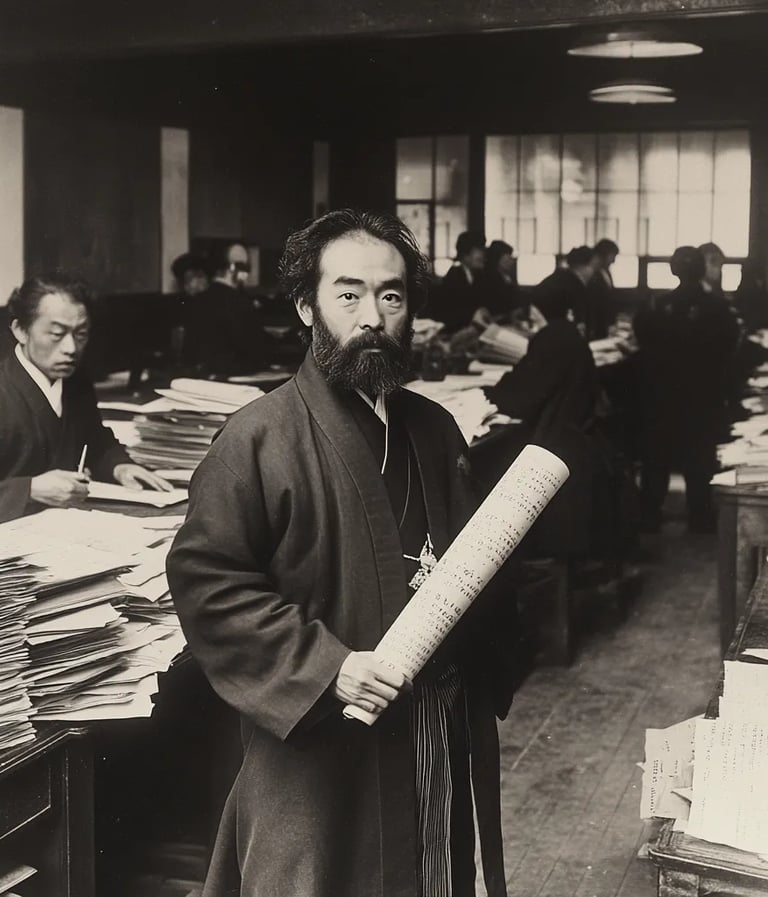

1885 - Japan’s First Patent Issued
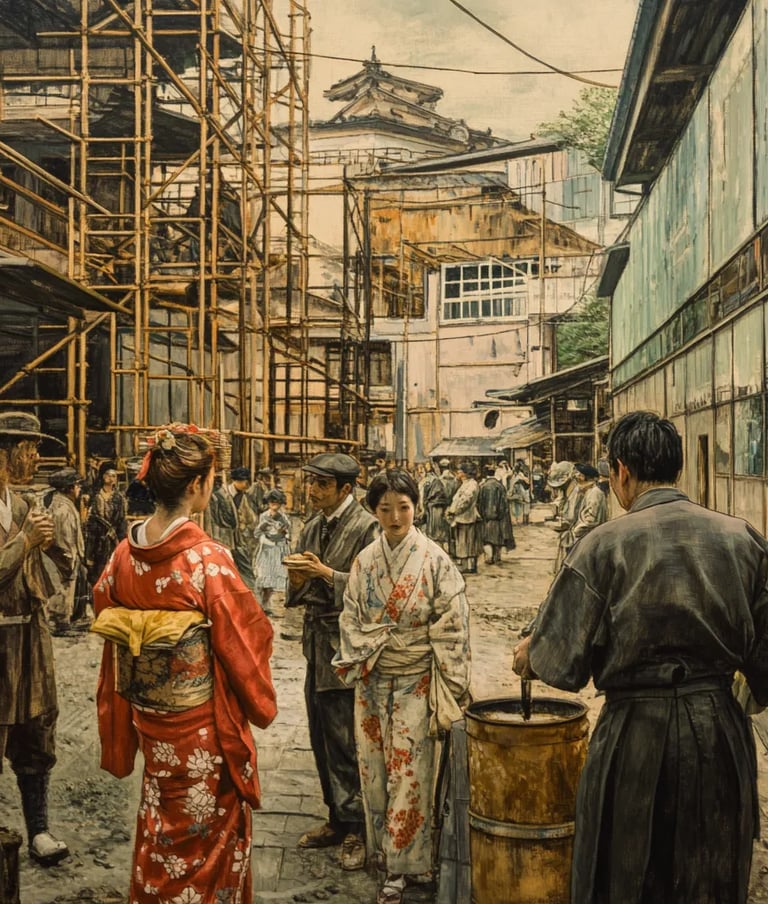

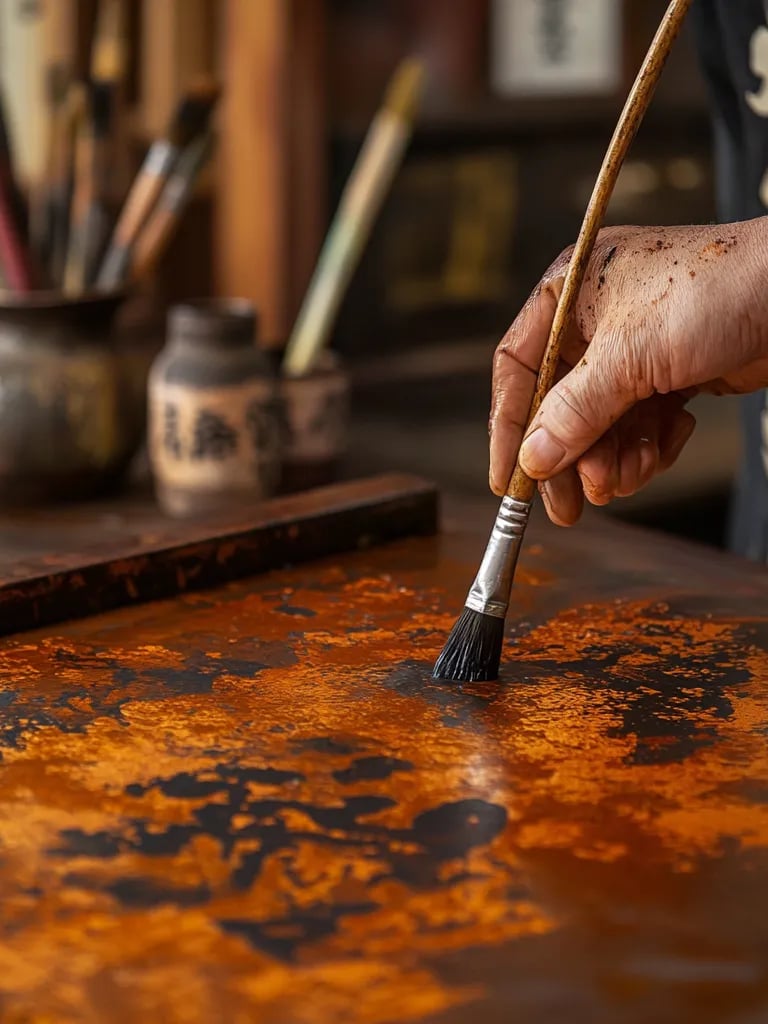

On August 14, 1936, Rainey Bethea was publicly executed by hanging in Owensboro, Kentucky, for the crime of rape. It was the last public execution in the United States, witnessed by thousands. The spectacle of the event led to increased criticism of public executions, contributing to their eventual abolition across the country.
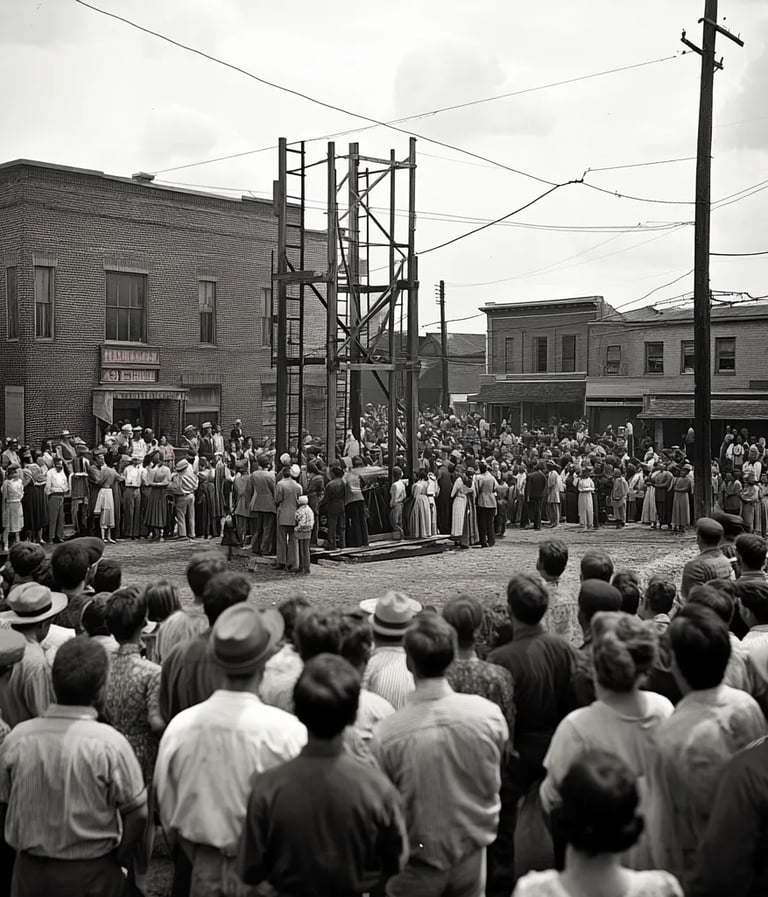

1936 - Rainey Bethea Executed, Last Public Execution in the U.S.
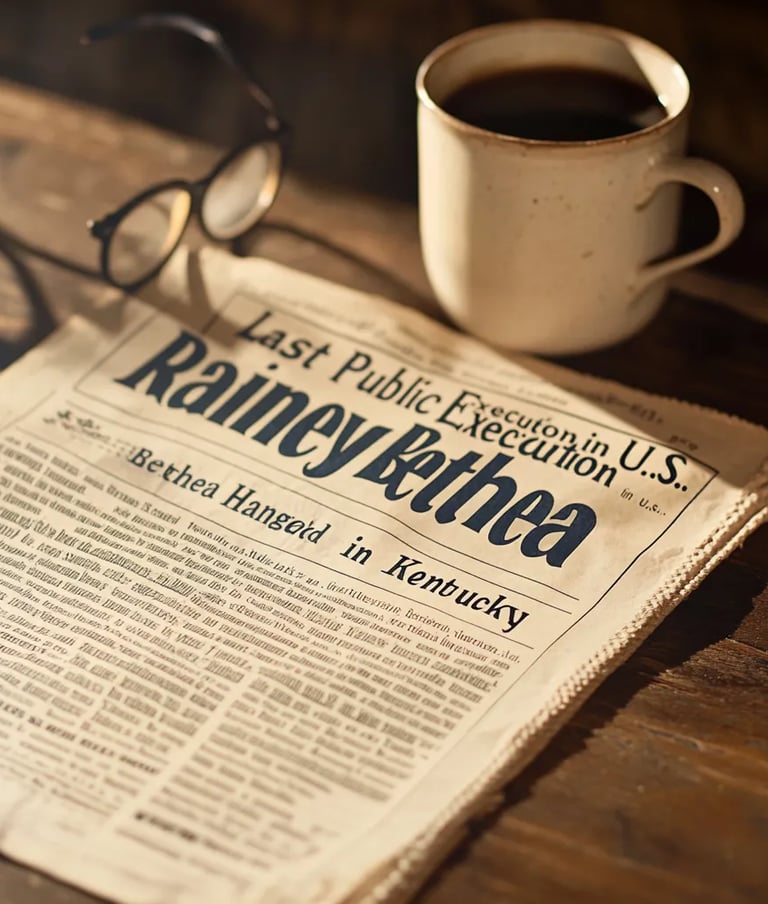

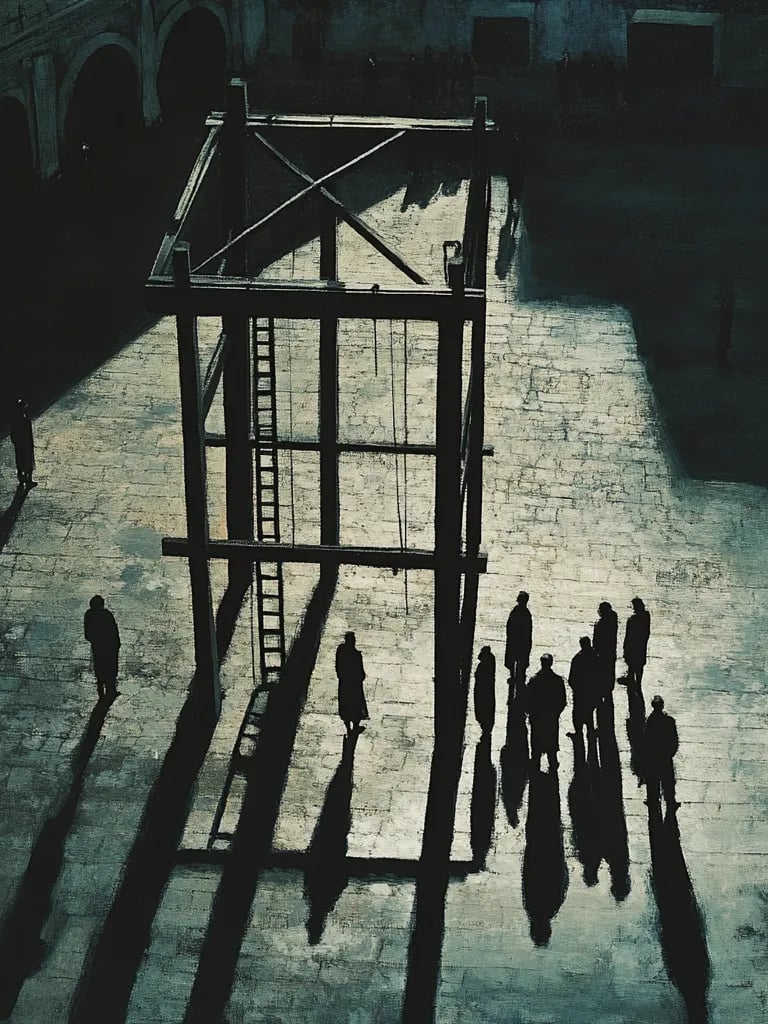

British troops were deployed to Northern Ireland on August 14, 1969, in response to escalating violence between Catholic and Protestant communities during "The Troubles." This marked the start of Operation Banner, the British Army's longest continuous deployment. The troops' presence aimed to restore order but became a contentious issue in the conflict.
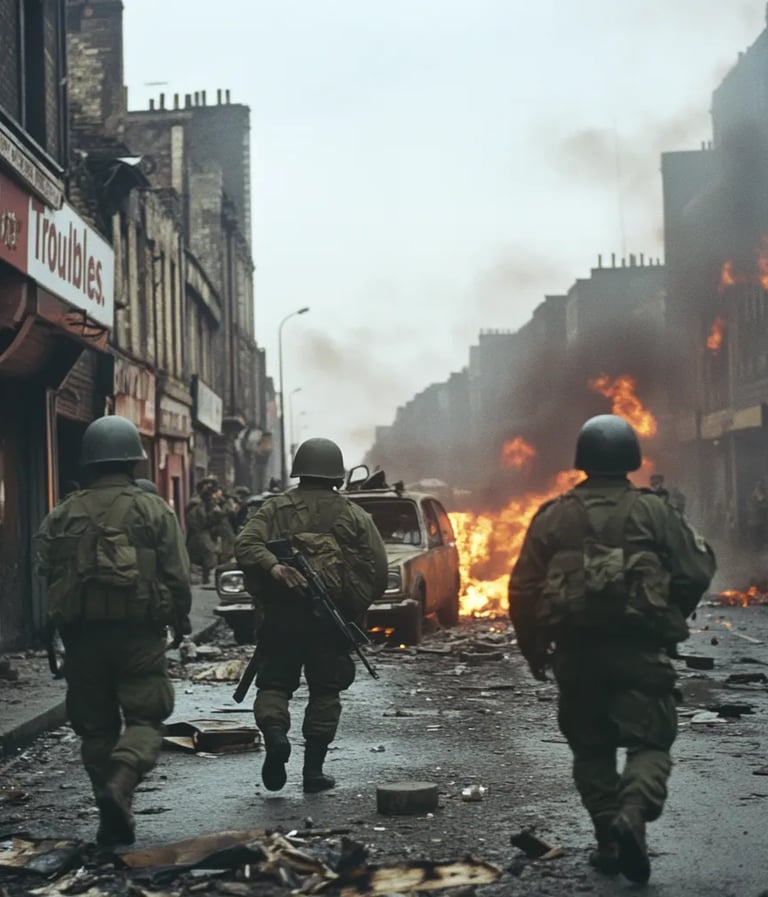

1969 - British Troops Deployed to Northern Ireland
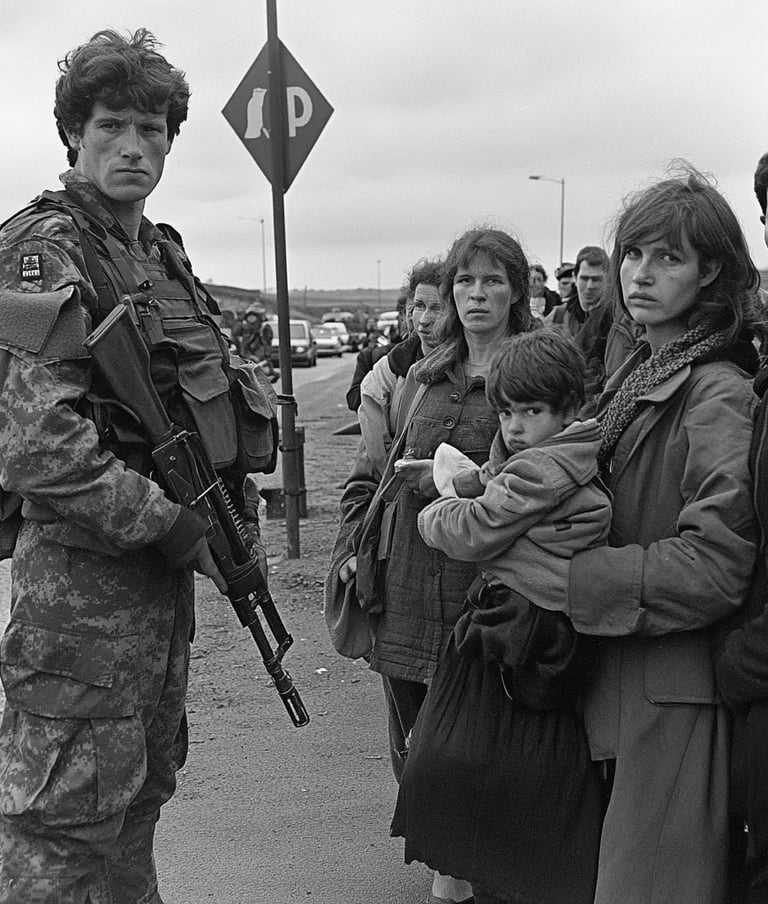

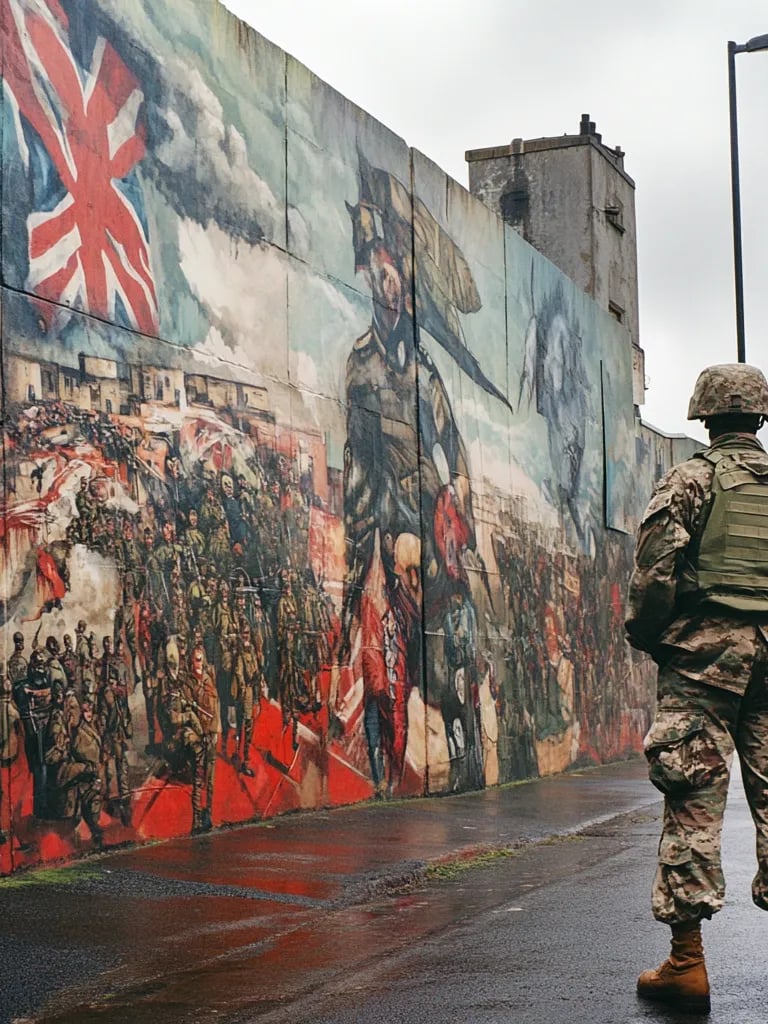

On August 14, 1973, the United States ended its bombing campaign in Cambodia, part of the broader Vietnam War effort. The secretive campaign aimed to disrupt the Viet Cong and North Vietnamese operations but led to significant civilian casualties and destabilized Cambodia, contributing to the rise of the Khmer Rouge.
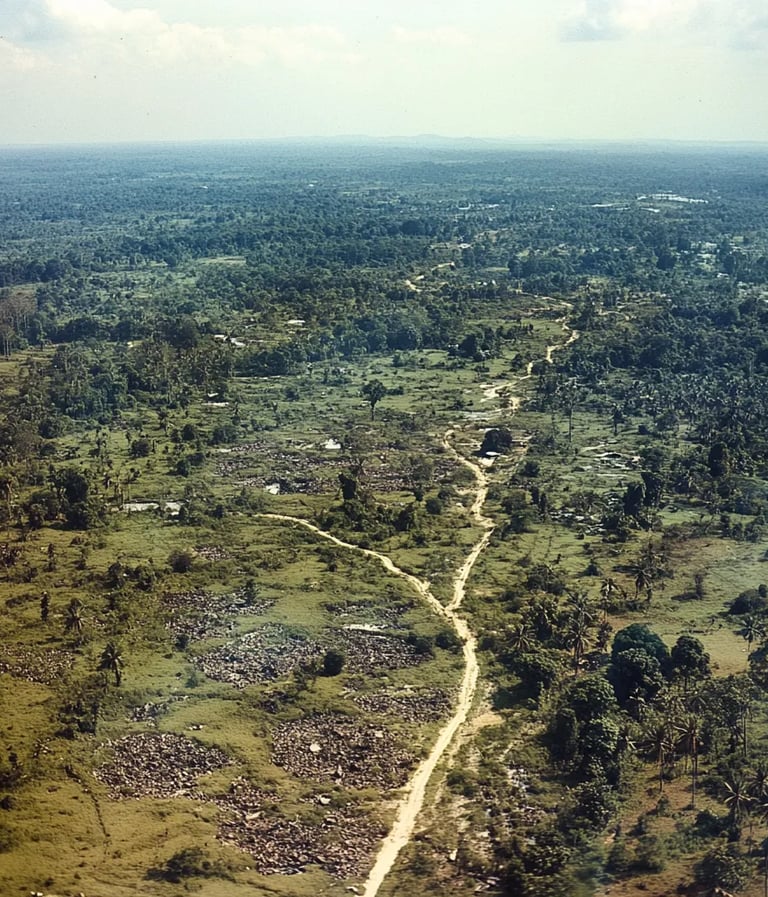

1973 - U.S. Bombing of Cambodia Ends
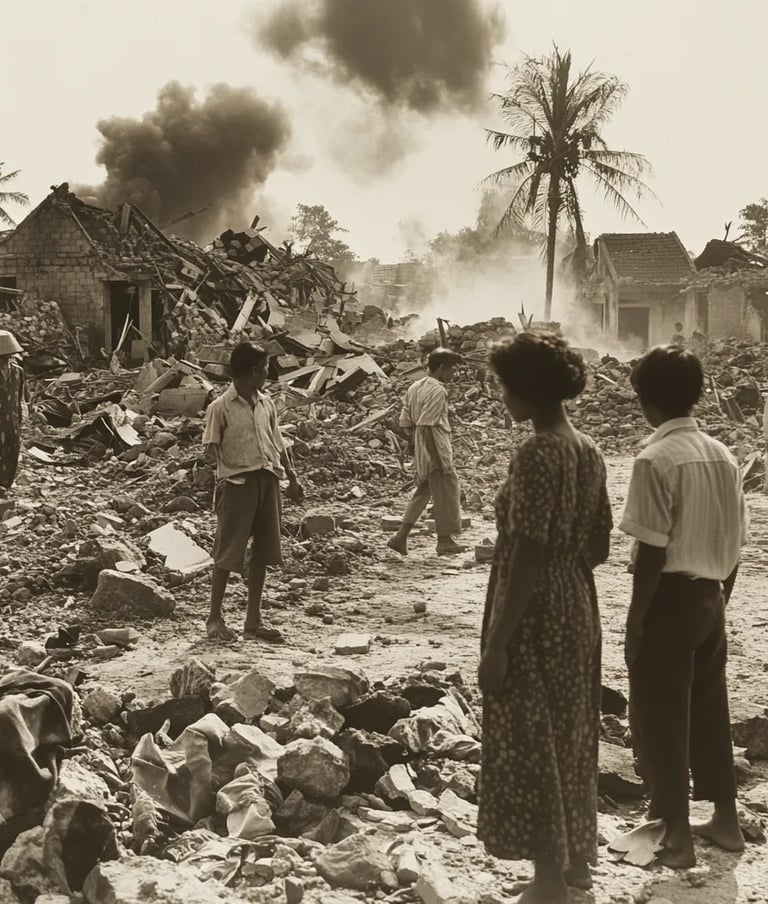

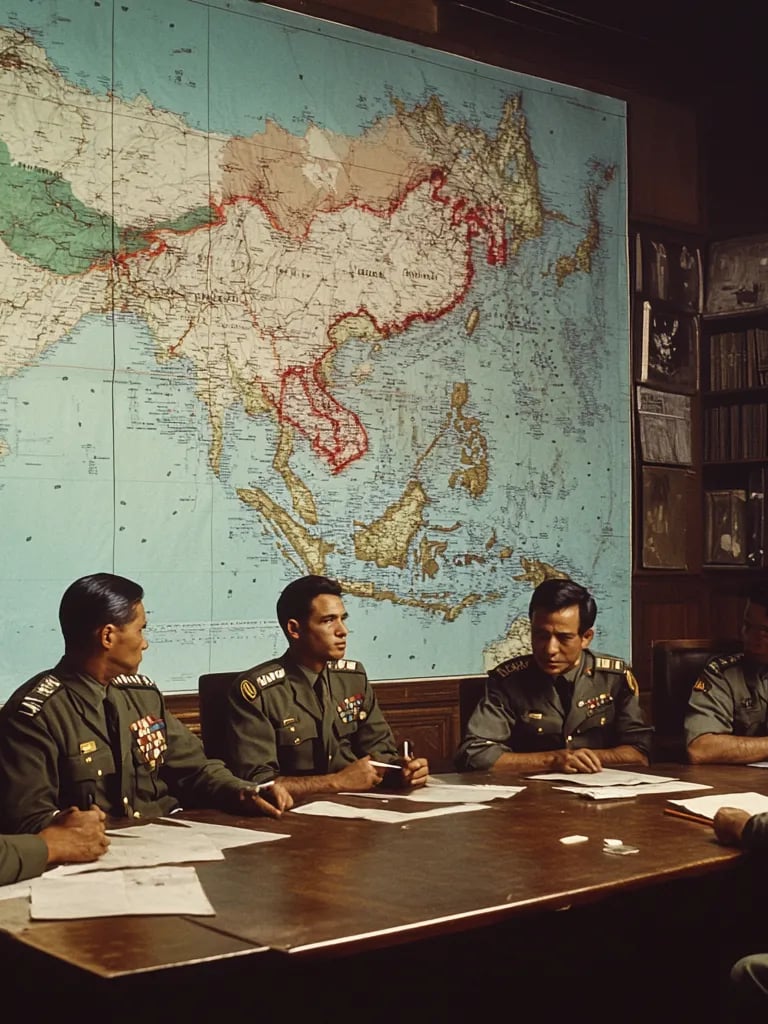

On August 14, 2013, Egyptian security forces stormed Rabaa Square in Cairo, forcibly dispersing a sit-in by supporters of ousted President Mohamed Morsi. The crackdown resulted in significant casualties and marked one of the deadliest days in modern Egyptian history, sparking international condemnation and deepening political divisions in the country.
